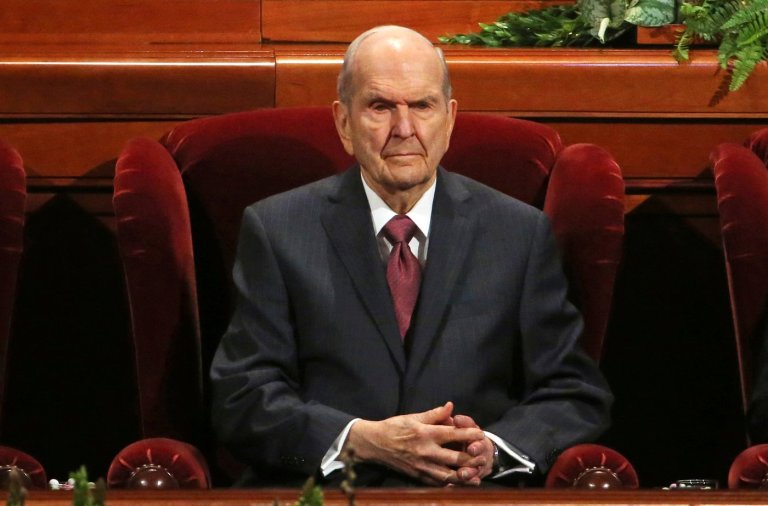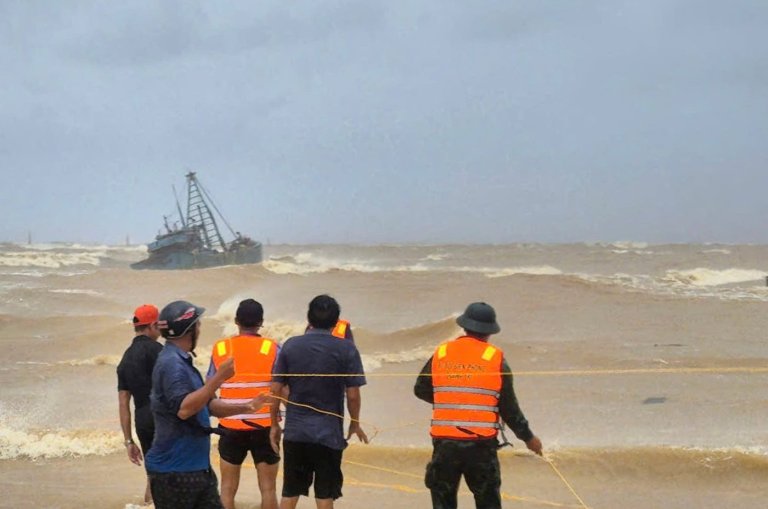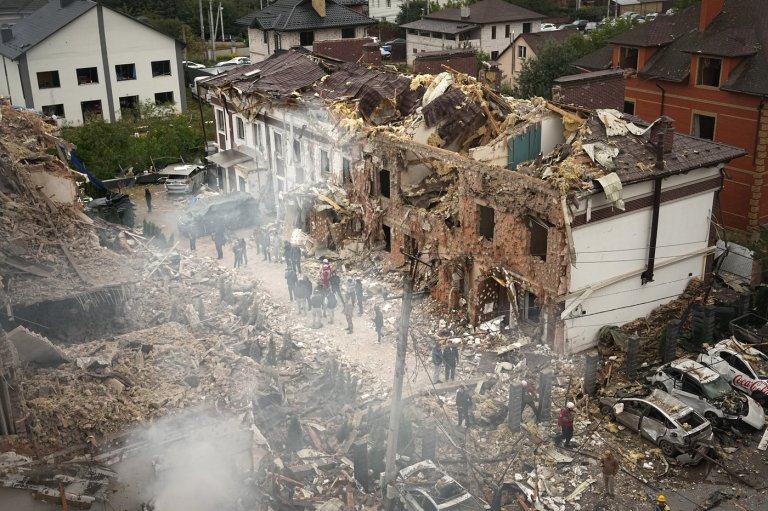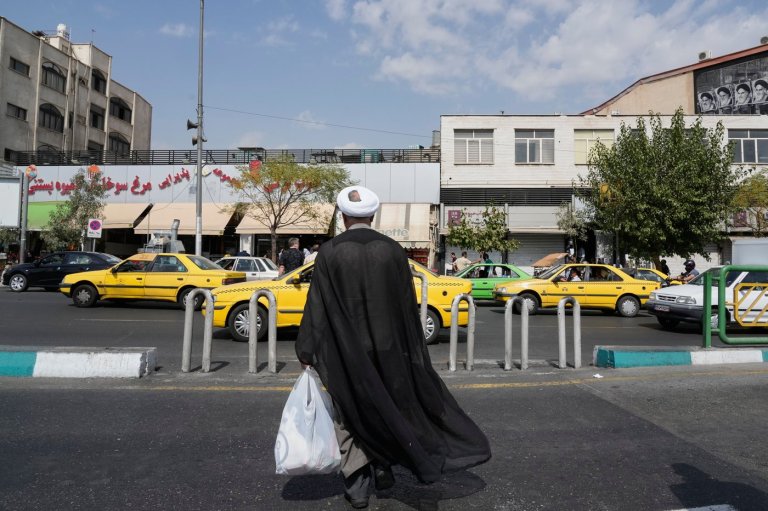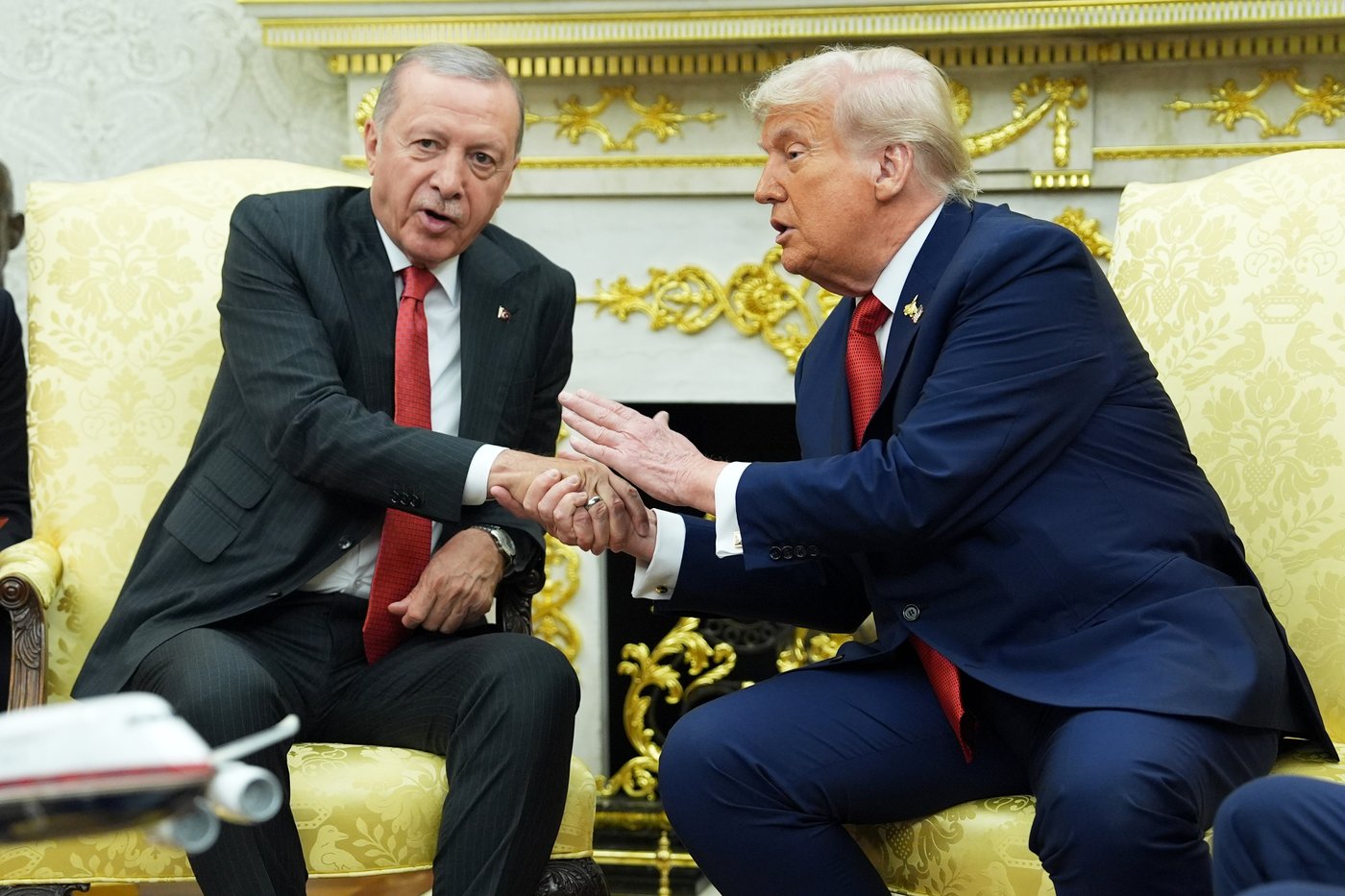
Trump’s moves to consolidate power, punish enemies draw comparisons to places where democracy faded
In 2007, eight years after becoming Venezuela’s president, Hugo Chávez revoked the license of the country’s oldest private television station. Eight months into his second term, President Donald Trump suggested revoking the licenses of U.S. television stations he believes are overly critical of him.
Since he returned to office in January, Trump’s remaking of the federal government into an instrument of his personal will has drawn comparisons to elected strongmen in other countries who used the levers of government to consolidate power, punish their enemies and stifle dissent.
But those familiar with other countries where that has happened, including Hungary and Turkey, say there is one striking difference: Trump appears to be moving more rapidly, and more overtly, than others did.
“The only difference is the speed with which it is happening,” said David Smilde, who lived in Venezuela during Chavez’s rise and is now a professor at Tulane University.
Political enemies of the president become targets
The U.S. is a long way from Venezuela or other authoritarian governments. It still has robust opposition to Trump, judges who often check his initiatives and a system that diffuses power across 50 states, including elections, making it hard for a president to dominate the country. Some of Trump’s most controversial pledges, such as revoking television licenses, remain just threats.
Trump has both scoffed and winked at the allegation that he’s an authoritarian.
During last year’s campaign, he said he wouldn’t be a “dictator” — except, he added, “on day one” over the border. Last month, Trump told reporters: ”A lot of people are saying, ‘Maybe we like a dictator.’ I don’t like a dictator. I’m not a dictator.”
Even so, he has moved quickly to consolidate authority under the presidency, steer federal law enforcement to prioritize a campaign of retribution and purge the government of those not considered sufficiently loyal.
In a recent social media post, Trump complained to his attorney general, Pam Bondi, about a lack of prosecution of his foes, saying “JUSTICE MUST BE SERVED, NOW!!!” Days later, the Department of Justice secured a felony indictment against former FBI Director James Comey, whom Trump has blamed for the Russian collusion investigation that dogged his first term.
The same day, Trump ordered a sweeping crackdown targeting groups he alleges fund political violence. The examples he gave of victims were exclusively Republicans and his possible targets were those who have funded Democratic candidates and liberal causes. The week before, Trump’s Federal Communications Commission chairman, Brendan Carr, threatened ABC after a comment about the assassination of conservative activist Charlie Kirk by late night host Jimmy Kimmel angered Republicans.
ABC suspended Kimmel for five days, but Trump threatened consequences for the network after it returned his show to the airwaves: “I think we’re going to test ABC out on this. Let’s see how we do,” the president said on his social media site.
Trump has said he is repaying Democrats for what he says is political persecution of him and his supporters. The White House said its mission was accountability.
“The Trump administration will continue to deliver the truth to the American people, restore integrity to our justice system, and take action to stop radical left-wing violence that is plaguing American communities.” White House spokeswoman Abigail Jackson said Saturday in response to a question about comparisons between Trump and authoritarian leaders.
US unprepared for attacks on democracy from within
Trump opened his second term pardoning more than 1,500 people convicted of crimes during the Jan. 6, 2021, attack on the U.S. Capitol, an attempt to overturn his 2020 election loss. He has threatened judges who ruled against him, targeted law firms and universities he believes opposed him, and is attempting to reshape the nation’s cultural institutions.
On Saturday, the president said he was going to send troops to Portland, Oregon, “authorizing Full Force” if necessary. It would be his latest deployment of troops to cities run by Democrats.
Steven Levitsky, a Harvard political scientist and co-author of the book “How Democracies Die,” said he is constantly asked by foreign journalists how the U.S. can let Trump take such actions.
“If you talk to Brazilians, South Koreans, Germans, they have better antennae for authoritarians,” he said. “They experienced, or were taught by their parents, or the schools, the danger of losing a democracy.”
Of the United States, he said: “This is not a society that is prepared for authoritarianism.”
‘America has become little Turkey’
Alper Coskun presumed the U.S. wouldn’t go the way of his native Turkey, where he served in the government, including as the country’s director general of international security affairs. He left as that country’s president, Recep Erdogan, consolidated power.
Coskun now laughs bitterly at the quip his countrymen make: Turkey wanted to become little America, but now America has become little Turkey.
“It’s a very similar playbook,” said Coskun, now at the Carnegie Foundation for International Peace. The difference, he said, is that Erdogan, first elected in 2002, had to move slowly to avoid running afoul of Turkey’s then-independent military and business community.
Trump, in contrast, has more “brazenly” broken democratic norms, Coskun said.
Erdogan, who met with Trump this past week, has had 23 years in office to increase his authority and has now jailed writers, journalists and a potential political rival, Istanbul mayor Ekrem Imamoglu.
“Trump is emulating Erdogan much faster than I expected,” said Henri Barkey, a Turkish professor and expert at the Council on Foreign Relations who lives in the U.S. and has been accused by Erdogan of complicity in an attempted 2016 coup, an allegation Barkey denies.
He said Trump is following in Erdogan’s path in prosecuting enemies, but said he has yet to use the Justice Department to neutralize opponents running for office.
“We have to see if Trump is going to go to that next step,” Barkey said.
Eroding democratic norms took longer in other countries
Hungarian Prime Minister Viktor Orbán has often been cited as a model for Trump. Orbán has become an icon to some U.S. conservatives for cracking down on immigration and LGBTQ rights. Like Trump, he lost an election and spent his years out of office planning his return.
When voters returned Orbán to power in 2010, he moved as quickly as Trump, said Kim Scheppele, who was an adviser to Hungary’s constitutional court and now is a sociologist at Princeton. But there was one difference.
To avoid resistance, Scheppele said, “Orbán had a ‘don’t scare the horses’ philosophy.” She said he spent much of his first year back working on legal reforms and changes to Hungary’s constitution that set him up to consolidate power.
In Venezuela, Chavez faced resistance from the moment he was elected, including an unsuccessful coup in 2002. His supporters complained the country’s largest broadcast network did not cover it in real time, and he eventually pulled its license.
Chavez later deployed the military as an internal police force and accelerated a crackdown on critics before he died in office in 2013.
In the U.S., Smilde said, people trust the country’s institutions to maintain democracy. And they did in 2020 and 2021, when the courts, staff in the administration, and elected officials in state and federal government blocked Trump’s effort to overturn his election loss.
“But now, here we are with a more pointed attack,” Smilde said. “Here, nobody has really seen this in a president before.”
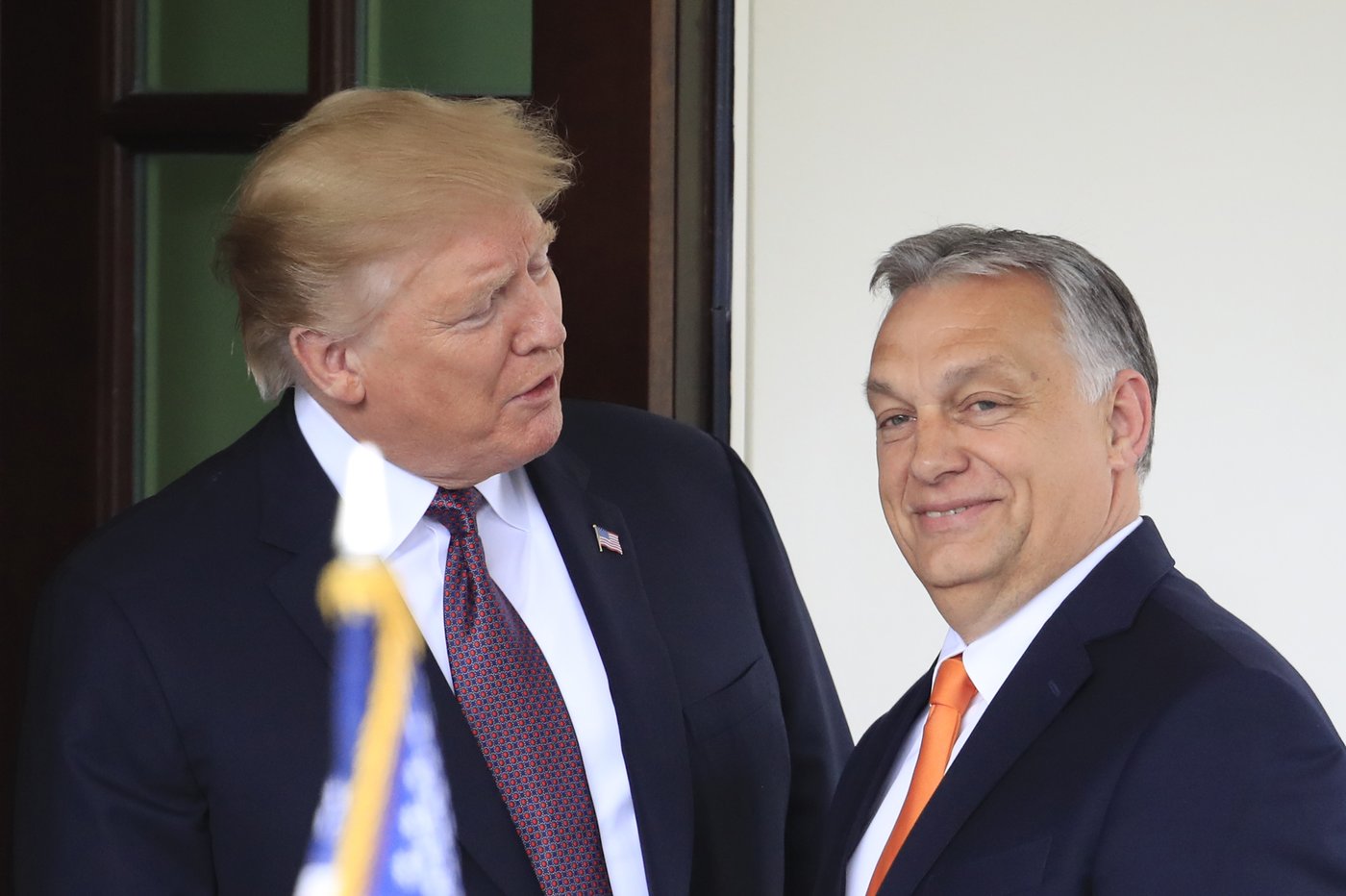
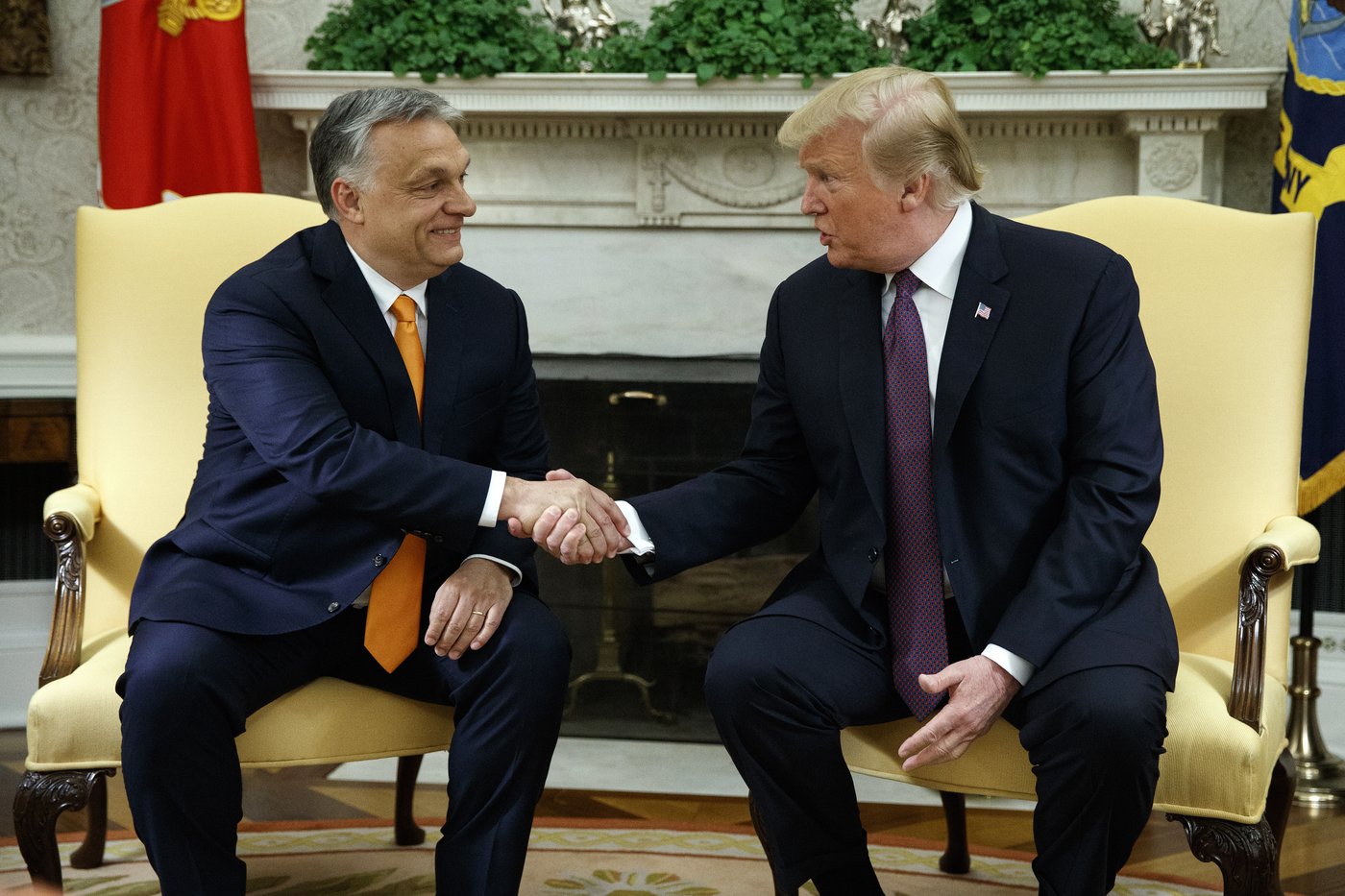
Join the Conversation!
Want to share your thoughts, add context, or connect with others in your community?
You must be logged in to post a comment.














